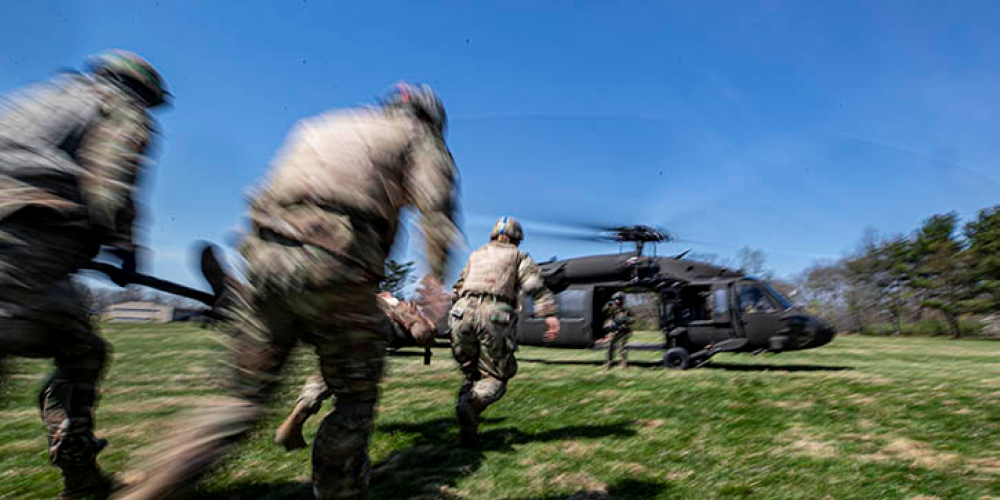Many service members work in high-stress, high-intensity environments. The demands of the mission and challenges posed by military life can lead to a risk of burnout for even the strongest among us.
“No one is immune to burnout,” said U.S. Air Force Reserve psychologist Lt. Col. Jennifer Gillette.
What Is Burnout?
Gillette, who supports the Director of Psychological Health at the Air Force Medical Readiness Agency, says common symptoms of burnout include:
- Fatigue
- Headaches
- Muscle tension
- Stomach distress
- Poor sleep
- Overeating
- Heavy drinking
Lesser-known symptoms involve emotional disconnection, insensitivity, sarcasm, and cynicism, leading to a lack of empathy or feelings of incompetence.
U.S. Air Force Lt. Col. Daniel Gross, Flight Commander at the 633rd Medical Group at Joint Base Langley-Eustis, in Hampton, Virginia, says burnout is “a syndrome that results in response to running out of energy and emptying the tank.” Burnout occurs when an individual has an imbalance between “responsibility and task compared to the opportunity to rest and recharge.”


